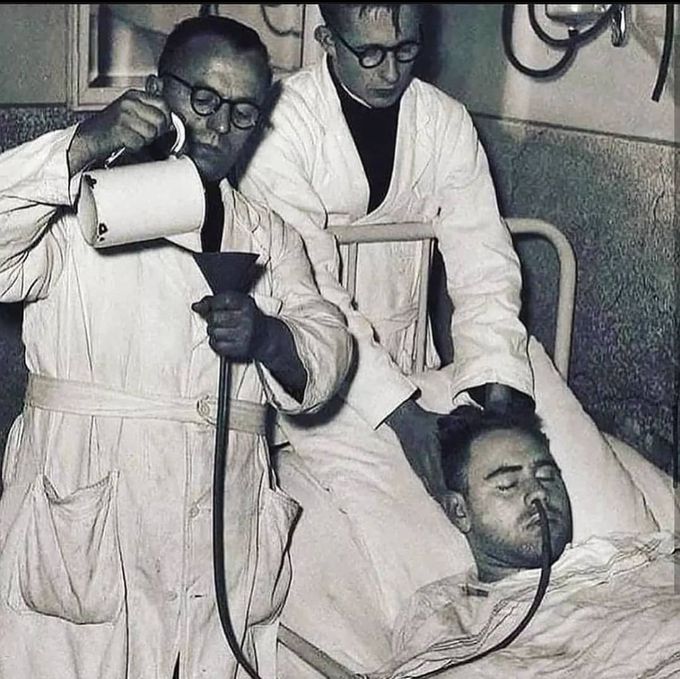

Dr.Mallick over 1 year ago

INSULIN COMA THERAPY
Insulin shock therapy or insulin coma therapy was a form of psychiatric treatment in which patients were repeatedly injected with large doses of insulin in order to produce daily comas over several weeks . [ 1 ] It was introduced in 1927 by Austrian - American psychiatrist Manfred Sakel and used extensively in the 1940s and 1950s , mainly for schizophrenia , before falling out of favour and being replaced by neuroleptic drugs in the 1960s ..
Other commentsSign in to post comments. You don't have an account? Sign up now!

